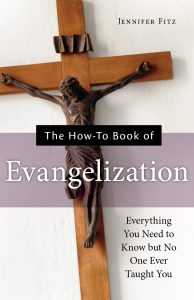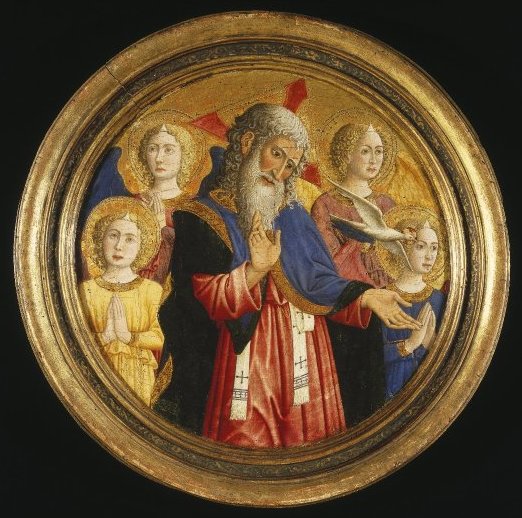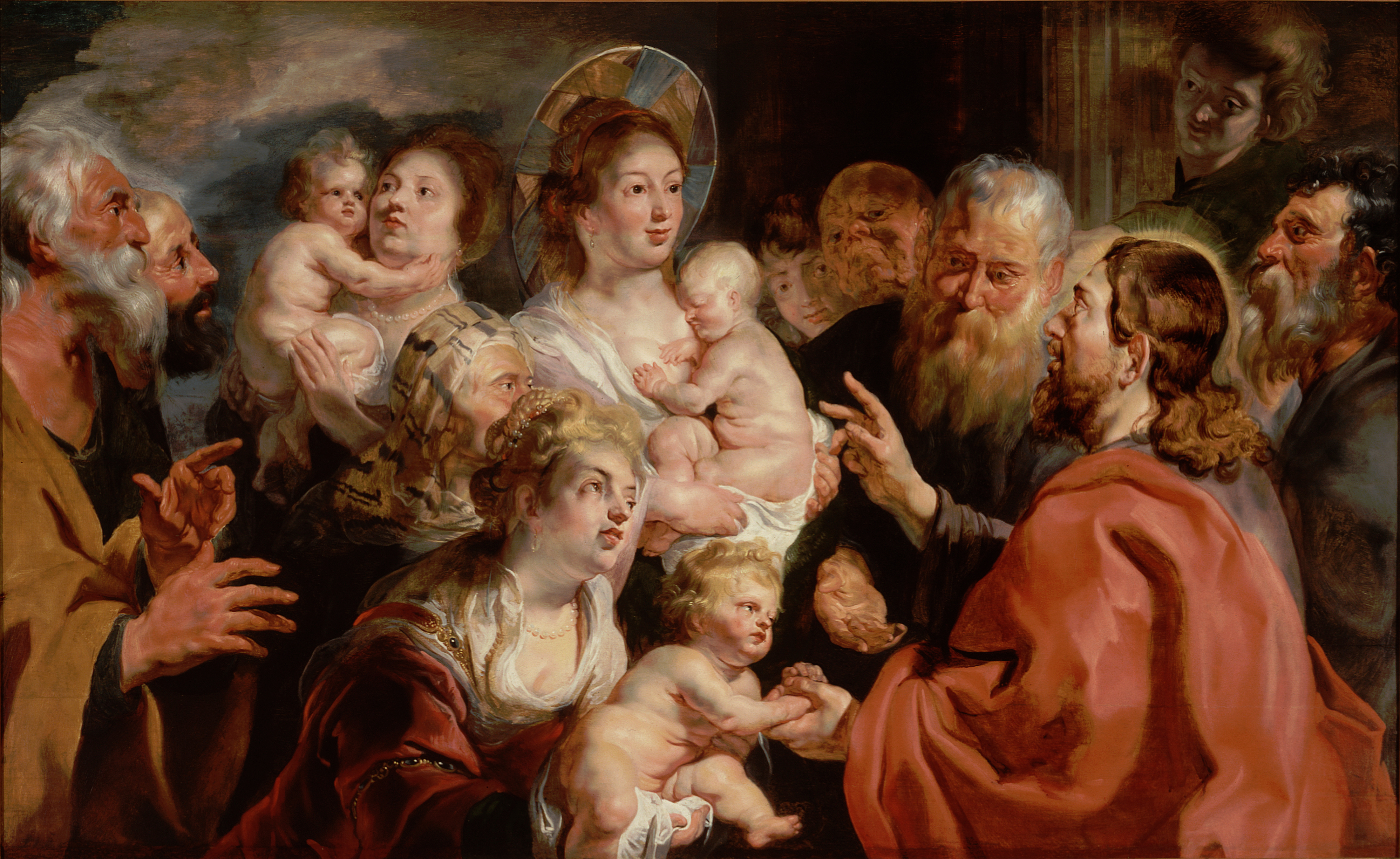Editor’s Note: This essay is an anonymous contribution from a faithfully Catholic parent struggling with the giant black hole in the Pride Month Social Wars that gapes where sanity ought to reside. The author asked to be completely anonymous, but this person is a friend I respect immensely, whose long and complex experience is worthy of your consideration. -JF
I can’t wait for this month to be over.
When did we flip? When did Pride month become something other than a just reaction to deadly harassment that led to the Stonewall riots, that defiant protest that all people have human dignity? When did Pride parades become a subculture’s visible face that allowed and even lifted up a public, campy hypersexual acting out? Where, at least sometimes, children were widely applauded for dressing in drag? (Mind you, this in a wider culture where only 10 years ago, we were outraged that little girls were forced to dress provocatively by big box retail selections.) When did these new Pride parades become a local event where people everywhere said “c’mon, and bring the kids!”?
When did we flip? When did we move from people saying rightly “he’s my son and I may not understand or agree, but I love him,” an honest and loving response that honors the dignity of all involved and the bonds of family….when did that change to a deluge of older folks having their own “coming out” this month, saying “my adult children are gay, or lesbian, or bi, or transgender, and anyone who disagrees can shut up and go to hell”? (I saw this three times in one week.) Yes, I hold the Catholic position that acting on same sex attractions sexually is wrong, although I wouldn’t dream of holding forth on that with everyone I know. I may share that if invited to, or possibly with others with whom I am in a close relationship. But this “flip” I’ve found this month is as vocally hostile and vicious, even much more so, than anything I have seen from the other side. I know LGBT+ folks have died as victims of prejudice, and suffered every form of harassment leading up to that. But I spent two decades of my life in an extremely LGBT+ friendly environment in a deeply fundamentalist Christian part of the country, with many friends who identified as LGBT+, and I rarely saw anything as widely or openly hostile as this.
When did we flip? When did love and friendship demand interpersonal agreement on this issue? When did human rights demand an ideological assent? When did friends begin worrying that teaching the Catholic position on sexuality in a Catholic educational institution as kindly and gently as possible would get one reported to a human rights board? When did sexual ethics move from the realm of revelation, natural law, prayer, and conscience to simple mob rule?
When did we flip? When did a majority of the people of the Catholic Church, hierarchy and laity, decide to give up on this issue? Because very few are saying anything akin to a nuanced distinction between inherently good human dignity, a neutral stance toward sexual orientation, and right and wrong sexual activity defined by intent and purpose. We’re losing most of a generation (or two) because they do not agree with the Catholic position on sexual activity reserved for marriage between a man and a woman, Instead, they see all things LGBT+ as a new civil rights movement. And of course, there is a partial truth here–we are called to defend all basic human rights (life, food, shelter, decent work, education). When people who identify as LGBT+ lose those human rights, we must fight that loss.
But something has happened here that goes beyond the real need for defending human rights. Many are buying the line—indeed, the hook, the line, and the sinker–that a life without sexual intimacy is not a life worth living. That human dignity can be won or lost, gained or dismissed, through sexual performance or lack of it. Some of what we’ve seen the past five years goes beyond Kinsey’s wildest and twisted imagination.
Seriously, when did we flip? Was it at Obergefell? Was it when we had a rainbow projected on the White House? Was it when Will and Grace made everyone laugh? When courts began closing religiously affiliated adoption centers? Was it when we had a sexual abuse crisis in our own Church and tiptoed around the homosexual abuse? Maybe, drip by drip by drip by drip, combined with friends who are gay, family who are lesbian, and more…we just wanted the ongoing struggle to define sexuality rightly to end by folding our cards and saying, “I can’t do this anymore”?
For a movement that argues it is all about love, there sure seems to be a whole lot of hate going on this month. Yes, on both sides–historians in the future will not look on this decade kindly as any model of civility. But all over the place this month I have increasingly seen a movement whose motto is “love is love.” And too many turn that phrase as, of all things, a rallying cry to shut out and shut down those who ask “but what is love anyway?”
As I said, I basically lived the ally life for two decades, from the beginning of the AIDS crisis until around 2005. Most of my friends for many years were LGBT+, and people I both loved and love. I went to a graduate school that was a bit of a hotbed of LGBT+ activism. I was thrilled I would have LGBT+ friends who would be like uncles and aunts to my own kids, when I had them. I read Judith Butler. I read John O’Neill. I went with gay friends to their bars. And I thought the Catholic Church would eventually come around to seeing that there was nothing wrong with homosexual unions. So many things were changing, like the use of contraception–surely this would as well?
But then a number of things happened. I read Theology of the Body and thought, to my surprise, hmm…that’s actually quite beautiful. I read Humanae Vitae and thought, to my surprise, hmm…that makes logical sense. I married and had a baby—and realizing that our love actually could result in a new human being had a bigger material and spiritual impact on our marriage than I expected. The first ultrasound of my firstborn still counts as one of the most unexpectedly profound spiritual moments of my life.
Later, I practiced contraception for about a year—and for something that was “no big deal” according to everyone else, I was quite unhappy. Then, simultaneously, the experiences of my LGBT+ friends from graduate school began to show signs of wear. I had a friendship with a gay man where he betrayed my friendship badly, which caused me to step back from being so involved in the ally life. Another friend who suddenly identified as bi realized, after coming out of a major depression, she was happier with her ex-husband (and rejoined him). All my other LGBT+ friends broke up with their long term partners. (Did some of my straight friends do the same? Sure. Did ALL of them? No. I realize this is anecdotal, but I am simply sharing my experience here.) Finally, I met a priest who I got to know quite well, who dealt with same sex attraction, but was chaste, and found a way to affirm church teaching as a wellspring of truth that led his challenges into a call to holiness.
It dawned on me that choosing chastity–regardless of sexual orientation–and being genuinely joyful was possible. It also dawned on me that given what I had seen, the people conforming with Church teaching (or at least trying to) were in general much happier and content people. So while I got to this place in a backwards manner–I have come to hold the fullness of the Lord’s teaching, communicated through the Church, on matters of sexual identity and expression. Perhaps I should have gotten there through obedience, a generous listening to the teaching of the Church. But by God’s grace, I did get there. God got me there.
So I look at every pro-Pride advertising campaign, every Facebook post, every virtue-signal tweet, every rainbow flag on my street, every “Love your neighbor—no exceptions” yard sign with a mixture of emotions. The most positive reactions are askance—because I see in a lot of people where I was years ago, wanting to support friends and family with or without reservations. And some of the civil rights issues are real. The persecution of LGBT+ people in many regions of the world is undeniable and sometimes brutal and deadly. This must be denounced and fought on human dignity grounds in the most full-throated manner possible.
But my most negative reaction is horror, because one of my children, a child I love so much I would die for him or her, says he/she is bisexual. And while he/she is Catholic, and seriously so, this child also sees no one—literally almost no one—encouraging him/her to lead a chaste life, showing him/her it can be possible, fruitful, holy, even…happy. At one level, he/she wants to hear this. He/she needs a mentor. But he/she cannot even claim the LGBT+ label without a flood of people demanding him/her to come out and join a movement that, at least in some corners, foments increasing bloodlust for anyone daring to step in and ask “but…what is love?” A movement that flipped somewhere to badly misunderstanding what human dignity is, and where it comes from.
So help me, I have found myself in a place where I can argue that this sexual activity is intrinsically disordered, and even if he/she simply does not understand that it is wrong, it has a real and negative impact on a person’s spiritual life: a living “out of order” that may be well-intentioned, but which acts as a barrier to full communication with God. I don’t question anyone’s good intentions. I question whether the act matches their intentions, and if the act doesn’t hurt a person more than they may realize. After all, this isn’t me saying this. It is God, through his scriptures and through natural law theory. And salvation may not be a fashionable word these days, but it is the heart of what Christianity is about. I worry that our silence as a Church refuses people the narrow (but walkable) path that leads to salvation.
It seems that no one in the Catholic Church in America knows the pain of watching a teenaged child stepping on stones through a whirling river moral lava. No one seems to know of my child’s struggle to chart a path that leads to true freedom this month. Or, much more damnably, doesn’t care.
Once this month ends, could we step back from the mob roar and actually talk about what it means to live out what is right and what is wrong? How to love through disagreement? How guaranteeing human rights doesn’t include forcing a state-regulated ideology? Could we stop brandishing rainbow colored social media swords and admit this is a bit more complicated than “whose side are you on?” Or if we have to choose a side, let’s call it the side for human dignity that is rooted first and foremost in being sons and daughters of the Father?
I can’t wait for this month to be over. But I suspect the reckoning is for more than 30 days.
–anonymous
ps. I prefer to own what I write by signing it. But this essay is anonymous for the sake of my child, and giving him/her space to make decisions based on faith and experience. I have an advanced degree in theology, so if your first thought is “if he/she only knew the right biblical interpretation of x,y,z etc., or truly understand natural law”–trust me, I’ve read it all, thanks.

Rainbow photo by Wing-Chi Poon, courtesy of Wikimedia CC 2.5









